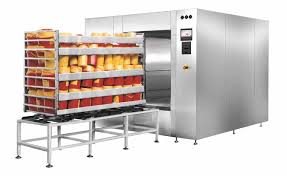What Makes Medical Waste a Major Problem?
3/28/2020

Medical waste is the waste produced by health-care institutions such as hospitals, veterinary clinics, dental clinics, medical research facilities, and laboratories. This includes used syringes, soiled bandages, broken thermometers, etc. The World Health Organization (WHO) estimates that 16 billion injections are administered around the globe every year. But not all needles and syringes are disposed of properly after use, especially in lower-income countries where the budget for waste management is limited and low priority.
Environmental impact of Medical Waste
Improper management of medical waste can adversely affect the environment and the community at large. Here are a few ecological effects of mishandled medical waste:
• Improper disposal of medical waste in landfills can contaminate surrounding water sources, air, and soil quality.
• Incomplete burning or senselessly burning medical materials can lead to the toxic spread of pollutants such as dioxins, furans, mercury, and residual ash in the air affecting the general population.
• Open-burning also releases carbon monoxide into the Earth’s atmosphere, negatively affecting the climate.
Health Risks of Medical Waste
Unsorted medical waste can mix with general waste in landfills. This can cause waste handlers to come in contact with dangerous and potentially infectious waste. Here are some of the hazards they face with inadequate medical waste segregation systems:
• Injuries inflicted from unsorted sharps waste such as needles, disposable scalpels, syringes.
• Needle-stick injuries can also lead to HIV, Hepatitis B, and C infections.
• Chemical burns due to skin exposure to toxic chemical waste.
• Toxic exposure to substances such as mercury, metals, and dioxins.
• Thermal injuries sustained during the open-burning of medical waste.
Final Thoughts
The demand for health-care services increases as the world’s population grows; with it comes more medical waste to manage. In response, The WHO is collaborating with partners and governments around the world to improve medical waste management by publishing guidance documents and training modules on proper medical waste management, raising funds, raising awareness of appropriate medical waste disposal, etc.
